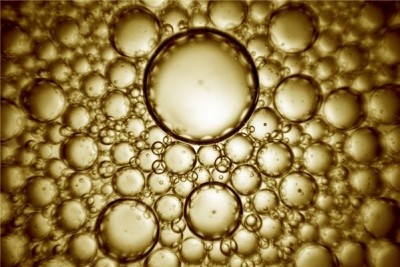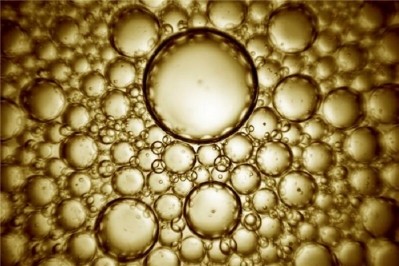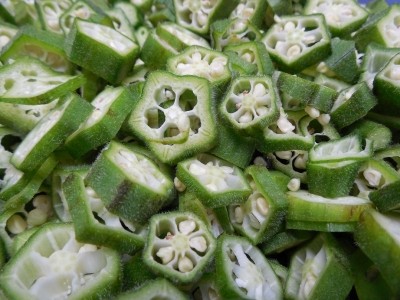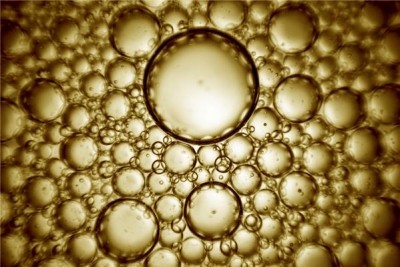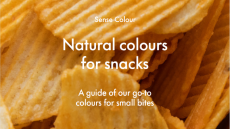Pea dextrin may offer clean label ‘off flavour’ masking alternative
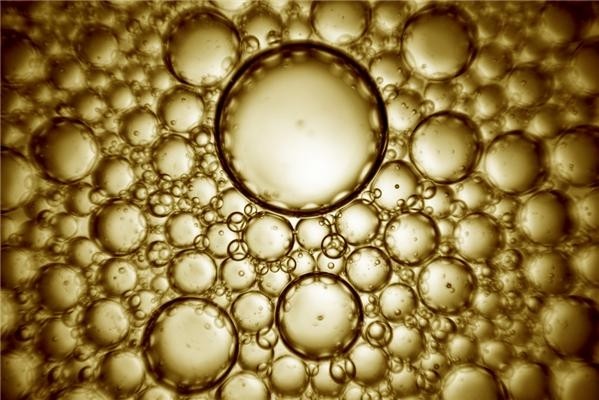
Writing in Food Chemistry, the team investigated the off-flavour masking potential of pea dextrin on six secondary lipid oxidation products, before comparing its ability to the well-known off-flavour masking agent 2-hydroxypropyl-beta-cyclodextrin (HPBCD) – which must be listed as an additive and is currently only approved for use in medical products – and maltodextrin (MD).
Led by Sandra Böttcher from Beuth University of Applied Sciences Berlin, the team reported that the off-flavour masking properties of food-grade pea dextrin are similar to those of medical-use-only HPBCD. Moreover, the team noted that the use of pea dextrin could offer further benefits to formulators because unlike beta-cyclodextrin’s it does not have to be listed as an additive.
“Pea dextrin showed significant binding properties of secondary lipid oxidation products in emulsions compared to maltodextrin. The masking is comparable to the positive reference 2-hydroxypropyl-β-cyclodextrin,” reported the team – adding that pea dextrin “is a possible alternative as a masking agent in food products.”
“The pea dextrin can be labelled as ‘modified starch’, whereas cyclodextrin needs to be labelled as ‘food additive’,” noted Böttcher and her colleagues. “The latter is a constraint with respect to consumer acceptance and thus food producers try to avoid additives to achieve clean labelling.”
Masking the taste
The research team noted that lipids, and in particular polyunsaturated fatty acids (PUFA), are particularly prone to degradation because of their multiple cis-double bonds.
“Lipid oxidation is highly undesirable in food products because even low concentrations of SLOPs can form a distinct rancid off-flavour,” said Böttcher and colleagues. “At present, successful placement of PUFA-enriched foods on the market is limited by the low shelf-life, due to off-flavour development in these products.”
To test the ability of pea dextrin in masking off-flavours in an emulsion system the team developed a series of stable emulsions that were prepared and stored for up to eight weeks.
During this time the development of six secondary lipid oxidation products: propanal, 1-penten-3-one, 1-penten-3-ol, hexanal, (E,E)-2,4-heptadienal and (E,Z)-2,6-nonadienal, was monitored via headspace gas chromatography after solid-phase microextraction. Sensory evaluation of the emulsions was also performed by a trained panel.
“During storage, the course of lipid oxidation was similar in all emulsions as concluded from the hydroperoxide value,” noted the team.
Pea dextrin was found to efficiently mask the off-flavour properties of propanal, 1-penten-3-one, hexanal and (E,E)-2,4-heptadienal, but was not found to mask 1-penten-3-ol or (E,Z)-2,6-nonadienal.
Meanwhile, results from the sensory evaluation confirmed a masking of rancid off-flavour.
“In conclusion, pea dextrin is suitable for masking off-flavour resulting from early stages of lipid oxidation,” said the team who added that the masking properties of pea dextrin are similar to those of 2-hydroxypropyl-beta-cyclodextrin used in medical products.
The team added that further work is now required in order to identify optimal usage concentrations “and to evaluate pea dextrin with respect to other applications like its aroma binding capacity and release characteristics, e.g., during chewing.”
Source: Food Chemistry
Volume 169, 15 February 2015, Pages 492–498, doi: 10.1016/j.foodchem.2014.05.006
“Off-flavour masking of secondary lipid oxidation products by pea dextrin”
Authors: S. Böttcher, U. Steinhäuser, S. Drusch
